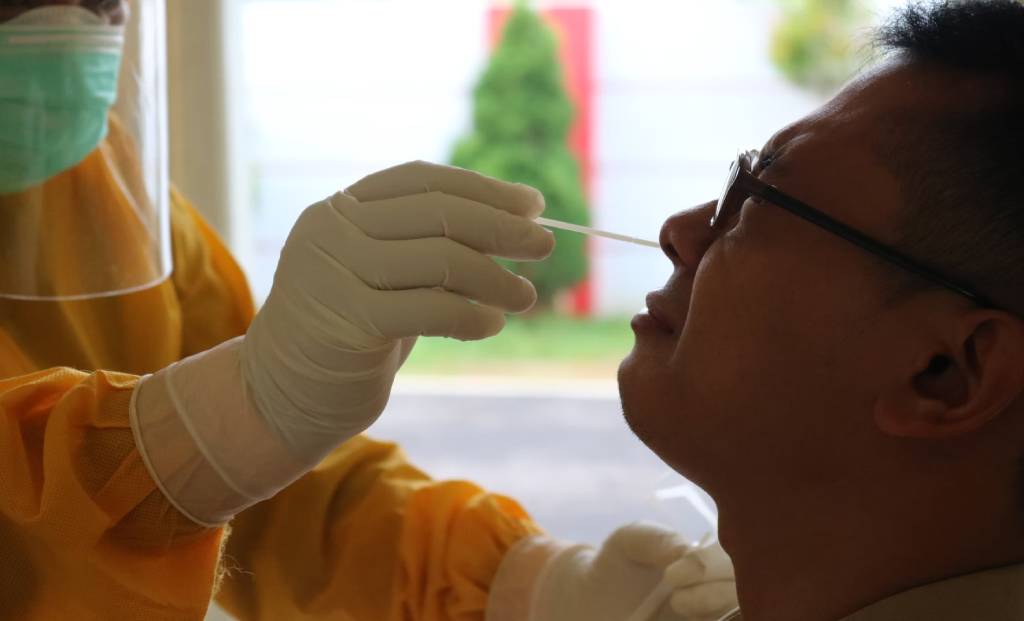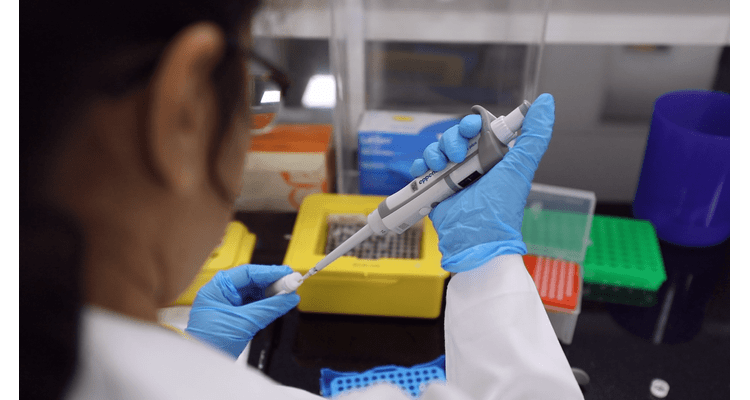Genome Analysis Sheds Light on Recombinant Variants
The Indian SARS-COV-2 Genomics Consortia (INSACOG) has unveiled insights from its genome-sequencing analysis, shedding light on the presence of recombinant variants of the coronavirus in India. The consortium’s findings offer valuable information about the prevalence and impact of these variants on public health.
Few Recombinant Variants Detected
In its weekly bulletin released on April 11, INSACOG reported that its genome sequencing analysis revealed the existence of only a small number of recombinant variants within the country. These findings emerge from a comprehensive assessment of a substantial number of samples, showcasing the consortium’s commitment to staying at the forefront of COVID-19 research.
Minimal Impact on Transmission and Severity
The consortium’s analysis brought forth an encouraging revelation: the identified recombinant variants exhibited no indications of increased transmission, either locally or internationally. Additionally, these variants were not associated with severe disease or hospitalization, providing a sigh of relief amid the ongoing battle against the pandemic.
Surveillance and Monitoring
INSACOG remains vigilant in its efforts to ensure public health safety. The consortium is diligently monitoring the occurrences of suspected recombinant variants and their potential implications for public health. This ongoing surveillance reflects INSACOG’s dedication to providing timely and accurate information to guide policy and interventions.
Extensive Sequencing Efforts
The consortium’s commitment to accurate data is underlined by the extensive genome sequencing efforts undertaken. With a total of 2,40,570 samples sequenced so far, INSACOG’s work stands as a testament to the collaborative and tireless efforts of researchers and scientists.
Global Insights and Observations
Amidst its focus on the Indian context, INSACOG also shared insights into the global landscape. It highlighted two specific recombinant variants, XD and XE, being closely monitored internationally. XD, identified primarily in France, features a unique incorporation of the Omicron S gene into a Delta genome. XE, a BA.1/BA.2 recombinant, shows a slightly elevated transmission rate and growth rate, yet further verification is required for conclusive understanding.
Notable Cases Detected in India
During a recent meeting between the Prime Minister and Chief Ministers, Union Health Secretary Rajesh Bhushan revealed specific instances of recombinant variants detected within India. Among these are cases of XK/XM in Maharashtra, XJ in Rajasthan, and instances of the XJ and XE recombinant versions of Omicron within the country. These cases underline the importance of ongoing surveillance and the need for adaptive strategies in response to emerging variants.
Conclusion: Navigating the Complex Landscape
INSACOG’s findings provide a comprehensive snapshot of the recombinant variant landscape within India. As the country continues its efforts to manage the pandemic, these insights will serve as critical tools in crafting targeted responses and policies, ensuring the continued safeguarding of public health against the evolving challenges of COVID-19.











